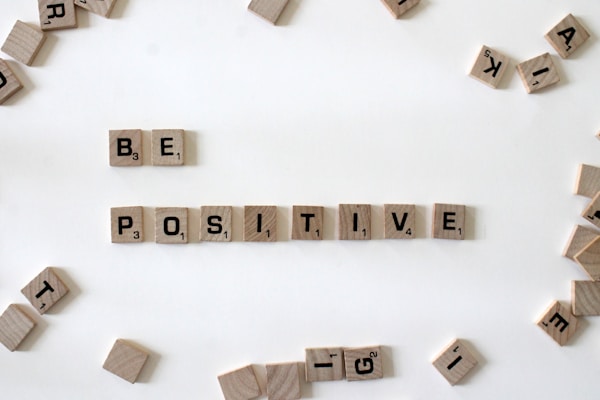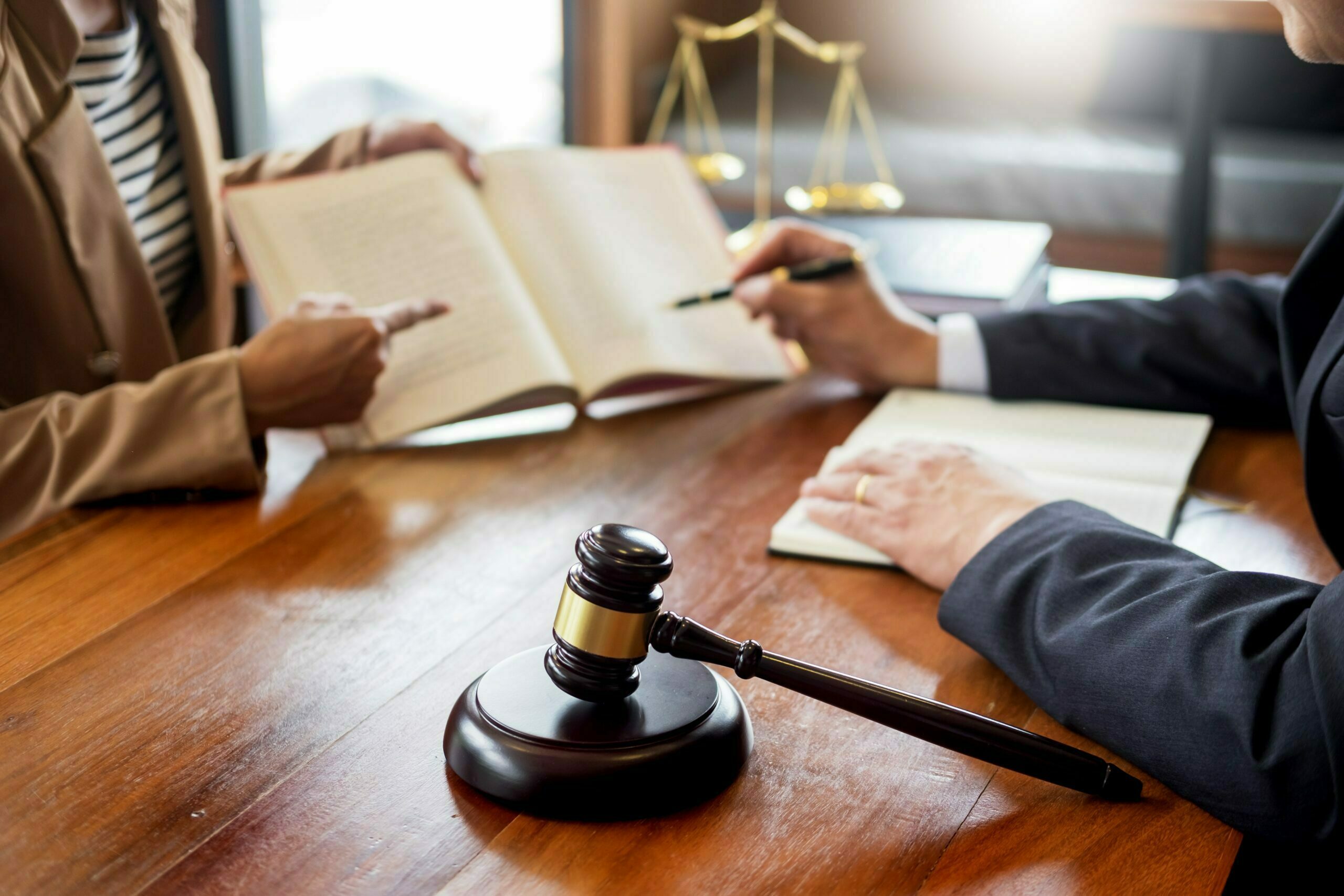Recovering from a personal injury can be an arduous and daunting process, but that doesn’t mean you have to lose your independence. In fact, maintaining your independence is essential for regaining your self-confidence and overall well-being. In this article, we will discuss various tips and strategies to ensure that you can continue to lead a fulfilling life even after a personal injury. Below are four key areas to focus on during your recovery journey.
Navigating Legal and Financial Matters

Addressing legal and financial matters after your injury is critical, as they can greatly impact your ability to lead an independent life. If your injury was a result of someone else’s negligence, you might be entitled to compensation to help cover medical expenses, lost wages, and other related costs. Consult with an attorney specializing in personal injury cases, such as Amazon delivery accident claims, to help you navigate the legal process and ensure your rights are protected.
In addition to seeking compensation, it’s important to create a comprehensive financial plan that accounts for any long-term costs associated with your injury. A financial planner or advisor can assist you in developing a realistic budget based on your current and future needs, allowing you to maintain financial independence and stability during your recovery.
Lastly, don’t be afraid to reach out to community organizations or nonprofit groups that offer financial assistance, education, or resources to those recovering from a personal injury. These services can help alleviate financial burdens and provide invaluable support during your rehabilitation journey.
Focusing on Physical Rehabilitation
Regardless of the severity of your injury, some form of physical rehabilitation will likely be necessary. Engaging in consistent, targeted exercises and therapies can help you regain strength and mobility in affected areas, allowing you to maintain your independence in day-to-day activities. Work closely with a team of healthcare professionals, such as physical therapists and occupational therapists, to develop an individualized rehabilitation plan that addresses your specific needs and goals.
Remember that it is normal for your progress to occasionally fluctuate or plateau during physical rehabilitation, but staying disciplined and committed to your program is crucial. Don’t hesitate to seek additional support from friends, family, or support groups to help you stay motivated and accountable throughout your journey. If needed, consider pursuing alternative therapies, such as acupuncture or massage, to supplement your standard rehabilitation program.
Beyond standard rehabilitation, maintaining overall health and wellness is equally important during your recovery. Proper nutrition, adequate sleep, and stress management are essential in supporting your body’s healing process. For example, consider reaching out to a Melton Heating and Air Conditioning specialist to ensure that your living environment is comfortable and conducive for your recovery, as well as consulting with a nutritionist who can help you adopt a well-rounded diet designed to boost your body’s natural healing capabilities.
Maintaining a Positive Mindset and Support Network

Finally, it’s crucial to maintain a positive mindset and cultivate a strong support network during your recovery. Surrounding yourself with supportive friends, family, and healthcare professionals can provide encouragement and guidance as you work to maintain your independence.
Additionally, engaging in personal development practices—such as therapy, journaling, or meditation—can help you develop a more balanced and resilient mindset. These practices can allow you to maintain your sense of identity and purpose in the face of adversity and improve your overall quality of life.
Consider joining a support group for individuals with similar injuries or connecting with online communities that share resources and personal experiences with recovery. Such groups can offer a sense of camaraderie and understanding that will enhance your sense of independence and resolve throughout your journey.
Altogether, maintaining your independence after a personal injury is a multifaceted process requiring consistent effort, support, and resilience. By focusing on physical rehabilitation, adapting your living environment, navigating legal and financial matters, and maintaining a positive mindset, you can reclaim control over your life and continue to thrive in spite of any challenges you may face.













